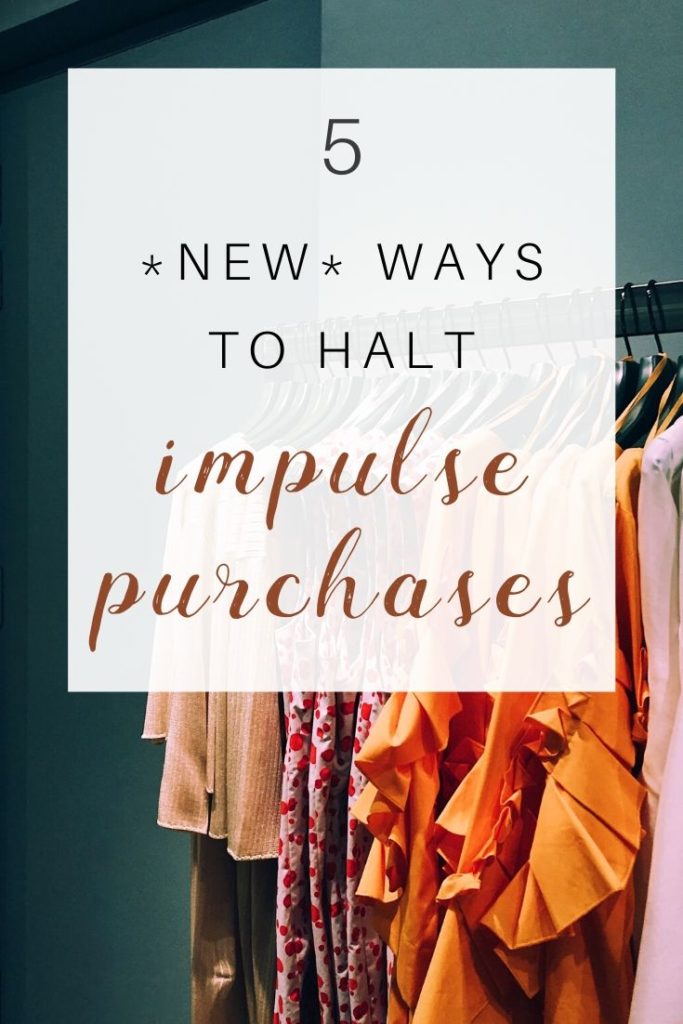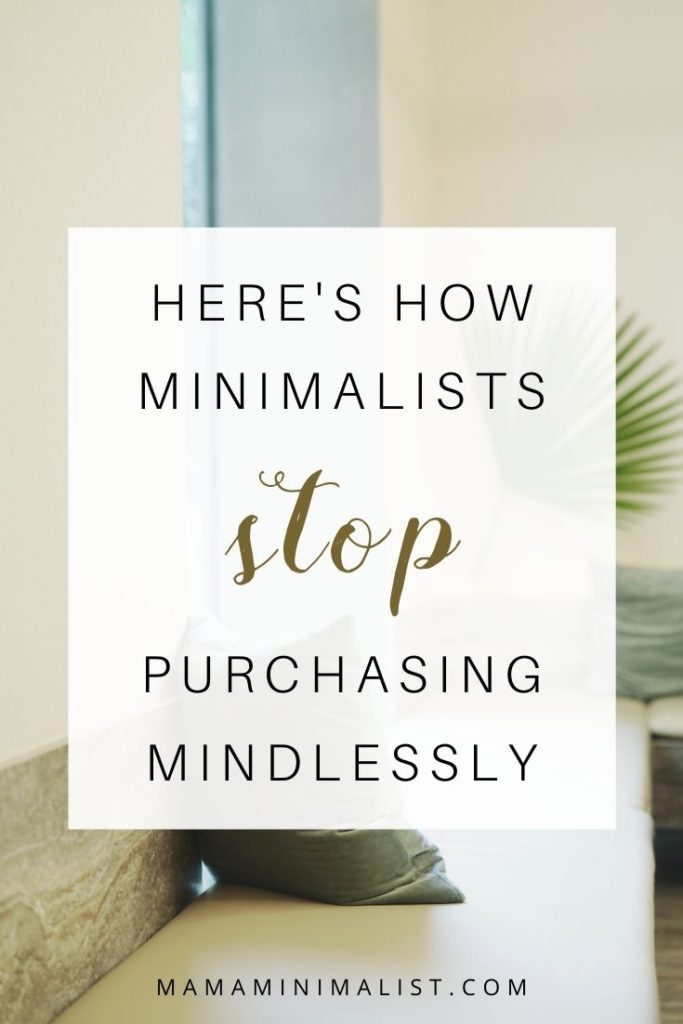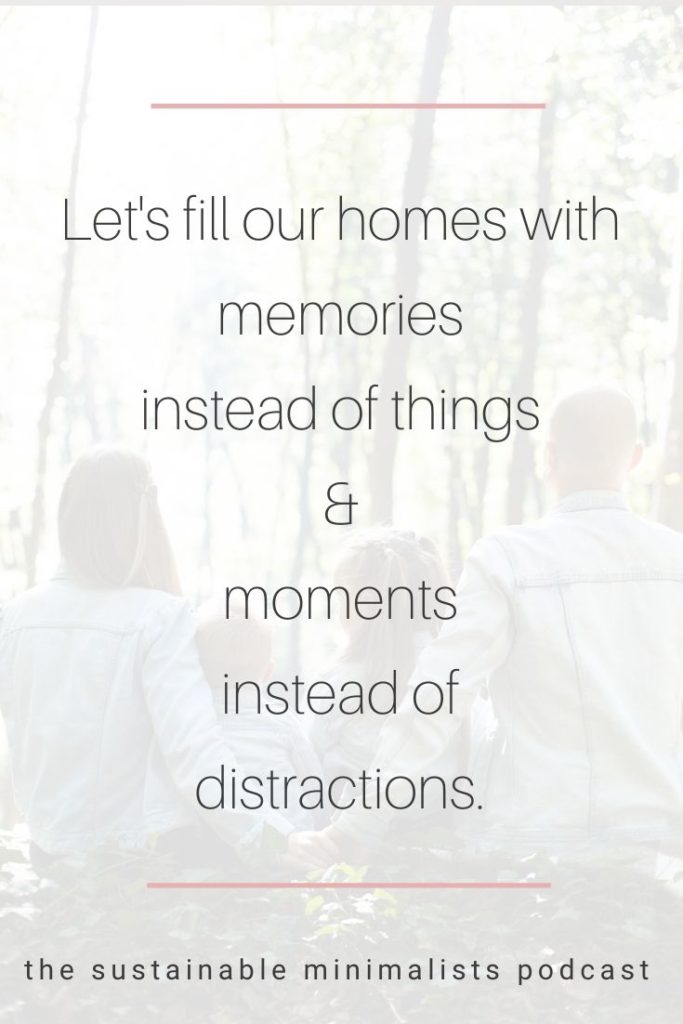5 New Ways to Halt Impulse Purchases
5 New Ways to Halt Impulse Purchases
_____
Do you often make impulse purchases you end up regretting later? If so, you can thank The Itch.
The Itch is that feeling that blinds our better judgement when we see something we really, really want. The Itch is cunning. It goads us into throwing caution to the wind and buying whatever the fancy item may be.
Despite all we know about conscious consumerism, it’s natural for you and I to get The Itch when we spy goods that are new, shiny, and attractive.
But the answer does not lie in buying eco-friendly stuff.
It isn’t prudent to buy now and worry about the consequences later, either.
The answer lies in not buying.
Ready to halt impulse purchases for good? Read on for 5 new ways to trick your psyche into ignoring The Itch.
Avoid Impulse Purchases Tip #1
Write out your monthly budget
_____
Did you know? If you spend just $28 a day unnecessarily, you will have wasted $10,000 by year’s end. The solution is to create (and stick to!) a monthly budget to stay on track.
There is absolutely nothing glamorous about a monthly budget. I dread sitting down with my husband at the start of each month to go over our budget in spreadsheet form.
But while conversations about money are often awkward, they are necessary.
– If you have a spouse, convening every month to assess the budget ensures you are on the same financial page.
– A budget forces you to analyze the previous month’s spending and sit with that uncomfortableness when you realize you went over what you allocated; it keeps you accountable, too.
– Finally, a budget enables you to keep your eye on your big financial goals instead of being distracted by little purchases that add up.
Avoid Impulse Purchases Tip #2
Invest in quality
_____
When you commit to buying quality goods, you naturally slow down the purchasing process.
That’s because quality goods are expensive.
Here’s an example. I am in the market for a desk. But I don’t want just any old desk, and I certainly do not want a cheap, trendy desk made of particle board.
I want a solidly constructed desk made of real wood that commands attention in my office.
The problem is that well-made desks are way beyond my budget.
Even secondhand ones – the good secondhand ones without significant signs of wear and tear – are expensive.
Committing to buying quality makes us pause, and that’s because quality items are investment pieces.
Avoid Impulse Purchases Tip #3
Look deep within
_____
Ask yourself difficult questions about wants versus needs.
First, consider the concept of consumer identity. Whether we are aware of it or not, most consumers shape their identities through their purchases.
Do you have Mrs. Meyers hand soap in your bathroom? That Mrs. Meyers hand soap says something about you as a person. (It says you are health-conscious and eco-friendly.)
Did you purchase a fun, sparkly party dress? That sparkly dress says something about you to yourself and to everyone who sees you wearing it. (It suggests you are fun, care-free, and like to have a good time.)
Many of us participate in aspirational spending, too, when we buy items our fantasy selves would want.
Facebook, with its all-knowing algorithm, knows that my fantasy self is a well-dressed mom. That’s why the site recently placed an ad for chestnut ankle boots inside my Newsfeed.
These weren’t just any humdrum ankle boots. The boots company marketed attributes I value, including the fact that they give 10% of profits to environmental causes. And the boots? Quality shoemakers make them by hand before signing the inside.
These boots spoke to my soul like nothing I have seen in a long, long time.
I didn’t just want these boots; I convinced myself I *needed* these boots.
The boots were expensive – $224 – which was much more money than I was prepared to spend on footwear. Still, I was very close to making this incredibly impulsive purchase.
But then I paused, for I realized the boots spoke directly to my fantasy self and not my real self. I’m not a boots-wearing fashionista at Kindergarten pickup type of lady. I’m a running pants and sneakers mom. I wish I wore cute skinny jeans and ankle boots but I don’t.
It’s just not me.
Ask those uncomfortable questions
Look within before you purchase and get in the habit of asking yourself 3 uncomfortable questions:
– Are you hoping to say something about yourself through the potential purchase? If so, what are you trying to say?
– Is the item in line with your true self or does it speak to your aspirational self?
– Do you NEED it?
Avoid Impulse Purchases Tip #4
Assess the hidden costs
_____
The cost of an item is much more than sticker price. Indeed, every purchase has two hidden costs: Time and environmental impact.
Time
How many hours do you have to work in order to make the money to purchase the item you are eyeing?
Take those boots, for example. Assuming I make $15 per hour, I would have to work 14.9 hours to pay for those boots.
Are those boots worth nearly 15 hours of my life?
The hidden cost is also how much time I will spend worrying about and caring for them in the future.
How upset will I be when these boots scuff up?
How often will I have to scrub and clean them to keep them looking pristine?
Are there other things I would rather do with my free time than worry about my boots? (The answer, of course, is yes.)
Environmental Impact
Manufacturing negatively impacts the environment. When we purchase items we don’t need we waste our planet’s resources, and for no good reason.
Cheap goods tend to have a have greater environmental costs than quality goods because cheap items do not last. As a result, they head to landfills sooner.
Did you know?
You can find The Sustainable Minimalists podcast wherever you listen to podcasts.
Apple Podcasts | Google Podcasts | Spotify | Stitcher
Avoid Impulse Purchases Tip #5
Adopt a family mantra
_____
Adopt a family mantra so that when your kids want All. The. Things. you’re ready:
“In this house, we do things differently.”
I find myself relying on this mantra more and more as my daughters grow older. When they ask for a new toy or gadget, I shut them down with the above mantra, and then follow it up with gentle reminders about all the great things this family does differently, too, to remind them how fortunate they actually are.
I remind my daughters that we take lots of family vacations instead of buying toys. As a family, we prioritize togetherness over stuff.
I hope that by repeating this mantra over and over again I halt pushbacks as they grow older.
[Related: The Art of Saying No]
The final word
_____
Choosing not to buy gets easier with time, but the desire to buy never completely goes away.
Accepting the fact that The Itch never disappears completely will prepare us to deal with it when it rears its ugly head.
How do you avoid making impulse purchases? Share your wisdom in the comments!




